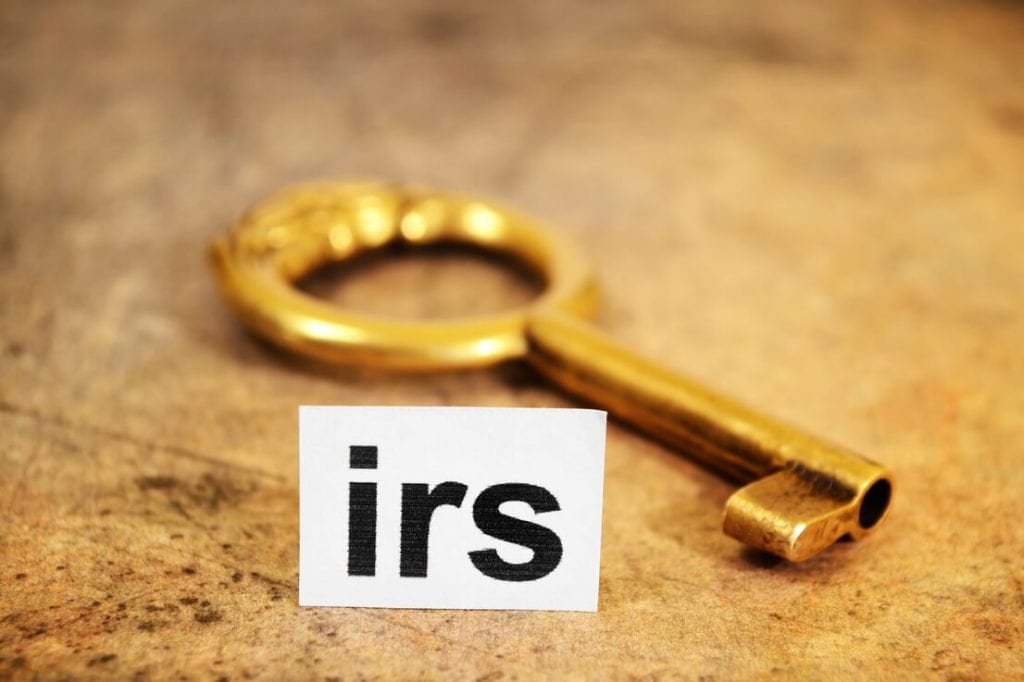Tax Alert: Unemployment checks are taxable income! Gavrilov & Co noted recently that the IRS just released a special reminder about your unemployment. And we are aware it could give some Americans a bit of a shock when tax-time comes. We are following up the IRS memo, so you and your loved ones will be prepared. We are all aware that millions of people have been receiving unemployment compensation.
Tax Alert: Remember, Unemployment is Taxable

Likewise, we understand many Americans are receiving taxable unemployment compensation due to COVID-19. This might be the first time they needed to use the benefits. So that is why we created this special Tax Alert.
“You may need to make a plan for paying the additional income tax so that you won’t face a large, surprise tax bill next April.” Even in ordinary times, this can be an issue. As taxable income, you must report it on your income tax return next April.
Remember this Gavrilov& Co Tax Alert: Plan Accordingly
“Taxable benefits include any of the special unemployment compensation authorized under the Coronavirus Aid, Relief, and Economic Security (CARES) Act, enacted this spring.” Being a first-time user of unemployment benefits, some people could easily forget two insights:
- They must report the income to the IRS.
- They could allow the IRS to withhold tax from current benefits. That way they can avoid owing taxes on such income when filing federal income tax returns next year.
The law states that “benefits include any of the special unemployment compensation authorized under the Coronavirus Aid, Relief, and Economic Security (CARES) Act, enacted this spring.”
Check Out Voluntary Withholding
You can actually decide in advance to let the IRS take a flat 10% off the top. “Federal law allows any recipient to choose to have a flat 10% withheld from their benefits to cover part or all of their tax liability.”
- As with all details at the IRS, there is a form for that. Just fill out Form W-4V, Voluntary Withholding Request (PDF).
- Then remember you must give it to the agency paying the benefits.
- Tax Alert: Do not send it to the IRS.
- However, if the payor has its own withholding request form, you can use it instead of Form W-4V.
Another Convenient Tax Alternative

What if you did not select withholding? Or what if you did, but it was not enough to cover the bill? The Gavrilov tax squad wants you to know the IRS gives you an option. Instead of withholding, they will allow you to make quarterly withholding estimated tax payments. If you decide to make quarterly payments, these are the due dates for each payment.
- Note that the first two quarters of 2020 are now past. Those payments were due July 15.
- Third and fourth quarter payments are due on September 15, 2020, and January 15, 2021, respectively. For more information, helpful worksheets, see Form 1040-ES and Publication 505. Both are available at IRS.gov.
Bonus Tax Alert:
Now be aware, the IRS has a little silver lining in this cloud. “You don’t have to make the payment due January 15, 2021, if you file your 2020 tax return by February 1, 2021, and pay the entire balance due with your return.”
Some Tax Alert Treasures
Just because of the reminder nature of its news memorandum, the IRS listed some other types of payments. We agree that you should double-check withholding on them. Make sure you do not forget. That’s why we call this blog a tax alert.
Types of payments taxpayers should check their withholding on:
- “Benefits paid by a state or the District of Columbia from the Federal Unemployment Trust Fund.
- Railroad unemployment compensation benefits.
- Disability benefits paid as a substitute for unemployment compensation.
- Trade readjustment allowances under the Trade Act of 1974.
- Unemployment assistance under the Disaster Relief and Emergency Assistance Act of 1974.
- Unemployment assistance under the Airline Deregulation Act of 1978 Program.”
Remember also that if you go back to work before year’s end, you can still go to the IRS website and use the convenient IRS Tax Withholding Estimator. It will reassure you that you are “having enough tax taken out of your pay. It “can help any worker or pension recipient avoid or lessen their year-end tax bill or estimate the refund they want.”
Quick Takeaway from This Tax Alert
If you have been getting unemployment benefits, you can expect another special form in January 2021, Form 1099-G, “Certain Government Payments.” It is going to come from the agency paying you your benefits.
“The form will show the amount of unemployment compensation they (you) received during 2020 in Box 1, and any federal income tax withheld in Box 4.” Then, you report this information, plus your W-2 income, directly on your 2020 federal tax return. You can discover a wealth of information on Unemployment Benefits at this special IRS resource.
Special Thanks from Gavrilov & Co

We don’t send out our Tax Alert notices very often but we always watch for important little IRS notices you might miss. Gavrilov & Co also knows that no one likes to get a “surprise bill” from the IRS.
Consequently, Thursdays at Gavrilov & Co bring you general tax and Back-to-Basics accounting information. Additionally, we reserve our Gavrilov & Co blog on Mondays for topics of interest to medical professionals. These include tax and wealth strategies.
Thank you for reading our blog and please return for our next edition!

